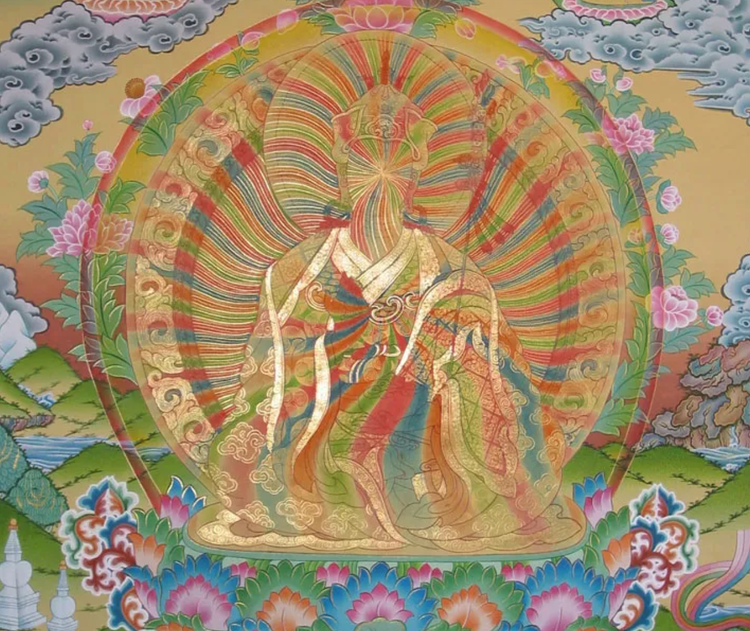Clarifying enlightenment.

Concepts are important, they point the way towards recognition. More important than understanding concepts though is understanding that all concepts have fluidity in meaning and are not the thing itself. Understanding a concept is a sign, not the destination.
One of the most misunderstood and difficult to comprehend concepts in the Buddhist tradition is that of enlightenment. Enlightenment is a translation of the Sanskrit bodhi, Japanese satori, or Tibetan jangchub (byang-chub). In Tibetan, jang means pure or clear, and chub means comprehension or realization. Alternate English translations of bodhi include awakening, state of realization, clear comprehension, or pure and total presence.
In the Western mind, enlightenment is often misunderstood as some sort of transcendent experience, some higher state of consciousness, or alternate plane of experience.
What is it that bodhi is really pointing to? Is it outside the range of our experience? Is it truly transcendent, beyond the ordinary realm of our day to day?
A useful metaphor to understand bodhi or enlightenment is to imagine consciousness as a dark room. You have no idea what is in the room. You might hear noises, see various forms or shadows, or pick up various scents. You will probably experience fear or hesitation, have a generalized anxiousness about your experience. In a very real sense, you are in the dark about the present reality of things.
Now imagine the lights go on, your grand enlightenment or awakening is upon us! Everything becomes fully evident and apparent. The room now has clear and total presence. Your awareness of the room, the very same room, is now filled with understanding and clear comprehension. The elements of your experience that previously provoked wonder or fear have become plainly evident, everything as it is and was before is now very matter of fact.
It is important to understand that nothing new has been added and that fundamentally nothing has changed. Things are now just as they were, but it is the awareness or understanding of what is and how it is that has dramatically shifted. It is as if a veil of confusion has been lifted, a distorting lens has been removed, or a clouded mirror has been polished. The reality of things (and there is a lot of subtle depth to explore there) has become clearly apparent, just as they are and always have been.
This magical and transcendent event turns out to be not so other-worldly after all. Rather than transcending the world, you find yourself fully in it.
How much easier can you function in that space now? The ability to clearly see what is in front of you affords you freedom and opportunity. Removing the limiting forces of uncertainty, doubt and fear save you a lot of unneeded worry and speculation about the way forward. Your day to day interactions become more straightforward, things become plain as day. We discover more freedom and flexibility to move about our day, more awareness of others in our shared space, and a natural willingness to participate and help others who are still lost in the darkness.
As you make your way along the path of meditation, you will have glimpses of enlightenment or pure and total presence. Your ego seeks them out for validation and wants to hold onto them, but they are meant to be let go and moved through. Like a break in the woods affording you a wondrous view, take a moment to enjoy what you have, and then continue with confidence in liberation.




